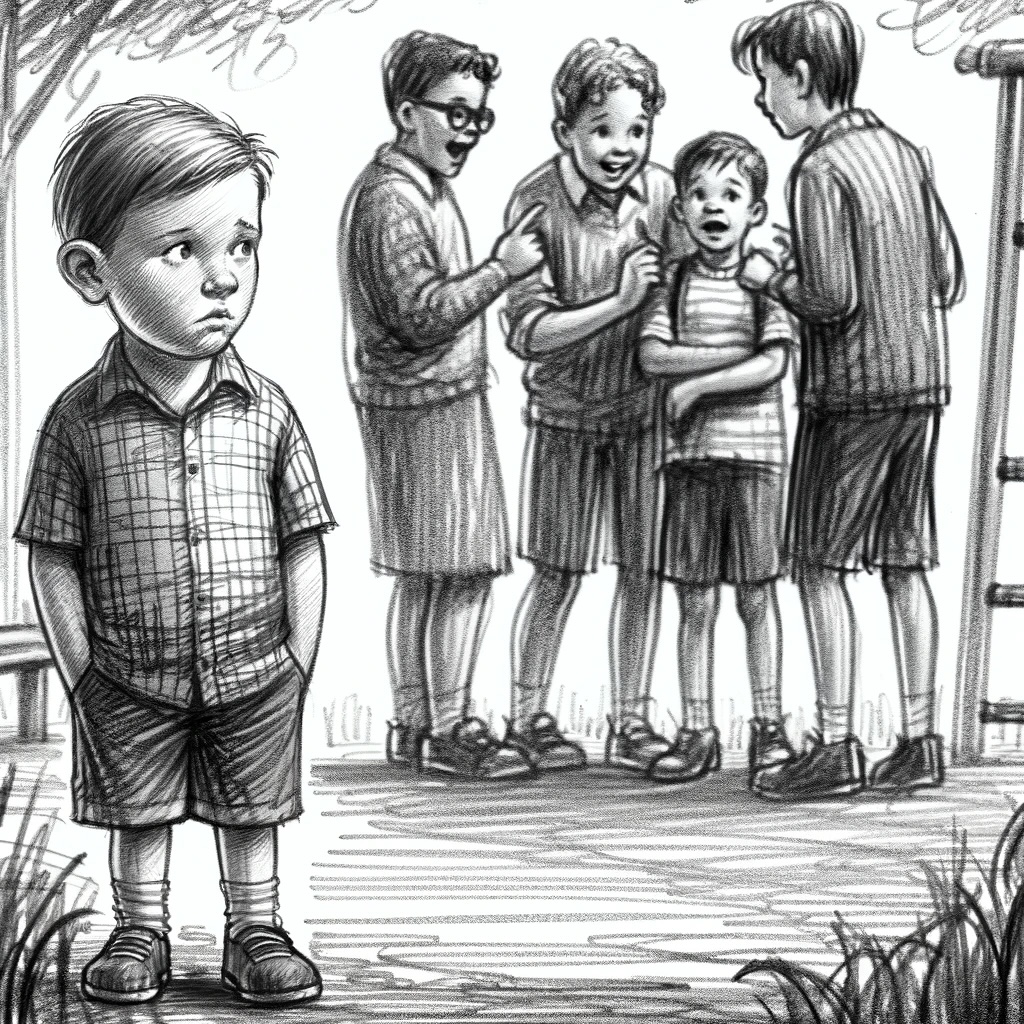Bullying is a pervasive issue that can have long-lasting effects on children’s mental, emotional, and physical well-being. As parents, it’s crucial to recognize the early signs of bullying to intervene promptly and support your child through difficult times. This blog post aims to equip you with the knowledge to identify if your child is being bullied and offer guidance on how to help them navigate these challenges.

Physical Signs
Physical signs are often the most visible indicators that a child might be dealing with bullying. These signs can be direct results of physical bullying or stress manifestations from other forms of bullying. Key physical signs include:
- Unexplained Injuries: Bruises, cuts, or scratches that a child cannot explain or provides vague explanations for.
- Lost or Destroyed Personal Items: Repeatedly coming home with missing belongings or items that are damaged without a reasonable explanation.
It’s important to approach conversations about these signs with care, ensuring your child feels safe and supported rather than interrogated.
Behavioral and Emotional Signs
Behavioral and emotional changes can be subtler but are equally significant. These signs might indicate not just bullying but also other emotional distress. Look out for:
- Changes in Eating or Sleeping Habits: Skipping meals, binge eating, nightmares, or difficulty sleeping.
- Frequent Physical Complaints: Complaining of headaches or stomachaches, often as a reason to avoid school.
- Declining Grades and School Avoidance: A sudden drop in academic performance or reluctance to go to school can indicate distress.
- Withdrawal from Social Activities: Not wanting to participate in activities they used to enjoy or avoiding social interactions.
- Sudden Loss of Friends: A noticeable change in friendship circles or isolation from peers.
These behavioral and emotional signs require a nuanced understanding and response. Children might not recognize these changes in themselves or may feel embarrassed to discuss them.
Psychological Impact
The impact of bullying on a child’s mental health can be profound and long-lasting. Children experiencing bullying may exhibit:
- Decreased Self-esteem: Feeling worthless, believing they are at fault for the bullying, or expressing a negative self-view.
- Self-Destructive Behaviors: In severe cases, this can include running away from home, self-harm, or talking about suicide. Such signs necessitate immediate professional intervention.
Recognizing these signs early and addressing them promptly can help mitigate the long-term psychological impact on a child.
How to Support Your Child
Supporting a child who is being bullied involves a combination of immediate actions and long-term strategies:
- Encourage Open Communication: Create a safe and non-judgmental space for your child to share their feelings and experiences.
- Empower Them: Teach coping strategies and how to assert themselves safely. It’s also important to know when to step in and contact school authorities or other parents.
- Professional Help: In cases of significant distress, consider seeking help from a counselor or mental health professional specialized in working with children and adolescents.
Conclusion
Identifying if your child is being bullied is the first crucial step towards intervention and support. By being aware of the physical, behavioral, emotional, and psychological signs, you can take timely action to help your child navigate through these challenges. Remember, the goal is not just to stop the bullying but to ensure your child feels safe, supported, and confident to overcome the obstacles they face.
For more resources or if you need immediate help, consider contacting local support groups, educational psychologists, or child welfare organizations.